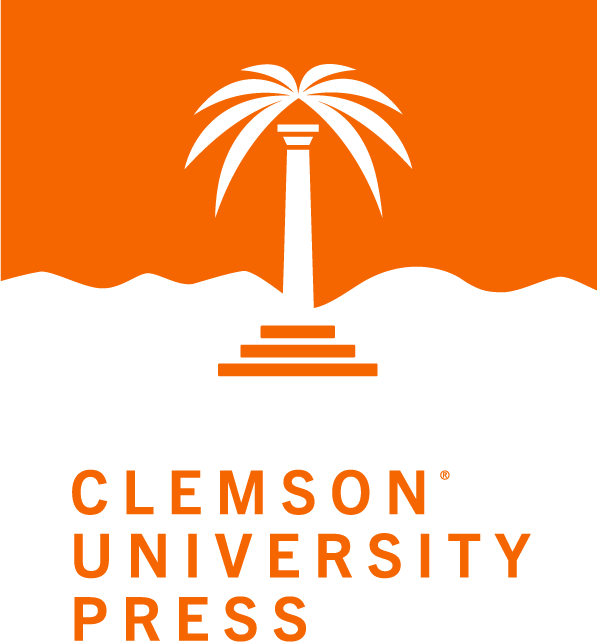 Firstly, could you tell us a bit about Rupert Brooke and what compelled you to focus your research on him?
Firstly, could you tell us a bit about Rupert Brooke and what compelled you to focus your research on him?
Rupert Brooke is an English poet who died of septicaemia on his way to Gallipoli in the spring of 1915. People probably best remember encountering his poem ‘The Soldier’ in either an English or a History lesson at some point at school, and then end up hearing that famous line about the ‘corner of the foreign field’ echoed in various contexts. When Brooke’s name is mentioned people often bring up the fact that ‘he was quite good looking, wasn’t he?’ – his physical appeal has always been noted.
I was broadly familiar with his life and poetry, but as a cultural historian I was primarily interested in the myth that grew up around him: how did he come to be in the public eye, and who was responsible for filling in and looking after his posthumous reputation.
How did you go about your research for this book? Did you come across anything that you found particularly surprising?
I am extremely lucky with respect to the research because King’s College, Cambridge has an extensive archive containing Brooke’s poetry and letters, as well as a vast amount of material – newspaper articles, tribute poems, ephemera, etc. – that appeared in reaction to his death, not just in England but internationally. This is, of course, not the case with all poet-soldiers who died when they were young. My approach was to use this material to try to build up a picture of how people consumed and reacted to Brooke’s poetry and image during the war, to try to gauge how he became so popular, and why.
I think what was surprising was to see how people reacted with genuine emotion to his poetry and to the popular idea of Brooke that emerged during the war. Although there were certain key figures – his publishers and people like Edward Marsh and Winston Churchill – who helped to shape how he was presented to the public, it was much more of an open conversation than I was perhaps expecting. More broadly, I was also slightly surprised by just what a strong sense of commerce as a facet of patriotism when you look at what was published at the time. The First World War is often presented with a great deal of solemnity and reverence, because it was so tragic and destructive, but the means of communication– if not the rhetoric itself – and the sense of selling ideas feels very familiar when you get in to the sources and can trace how things are being syndicated across various media.
Brooke’s international following has received little scholarly attention. Why do you think this has been the case?
He has, of course, been a compelling subject for a number of comprehensive biographies, but I think he is first and foremost considered to be such an “English” figure, and a relic of a particular time and philosophy, that he hasn’t seemed to warrant a great deal of scholarly attention internationally. Also, his actual poetic output isn’t huge or necessarily influential unto itself. But if you look at his reputation and readership during the war, he becomes an interesting case study for how language and ideas that are taken to represent a particular culture can become a kind of unofficial propaganda. That is something that I was quite interesting in exploring in the book.
As attitudes towards war shifted, Brooke was recast as the exemplar of pre-war innocence. Why do you think this was the case? Do you agree with this more recent perspective on his work?
Brooke really had a very limited direct experience of the war, so in a sense his poetry from the opening months of the conflict does exemplify a kind of pre-war innocence: it’s about the idea of war as opposed to the experience of it. What is interesting is how appealing his portrayal and the myth that grew up around the poet-soldier remained to many throughout the period. That is not to say that people didn’t acknowledge or understand the nature of the war’s violence. It is more that readers balanced multiple impressions at the same time. The ideal that grew up around Brooke was poignant and flexible, and played on some key themes that remained culturally appealing: youth, beauty, friendship, loyalty, sacrifice, etc. So the binary of “innocence” and “experience” overstates the idea of fixed attitudes towards the war in how it was described and remembered.
Dr Alisa Miller holds a DPhil from the University of Oxford, an MA from the London School of Economics and a BA from the University of Michigan, Ann Arbor. Her research focuses on the comparative development of war cultures in twentieth century Europe and the United States, looking at how evolving literary networks – utilizing different forms of media and technology – influence political discourses and perceptions of violence. She has worked as a lecturer and in research policy and management. She joined King’s College London in October 2016 to work on the ERC-funded ‘Beyond Enemy Lines’ and ‘Ego-Media’ projects.
Purchase a copy of “Rupert Brooke in the First World War” here.

